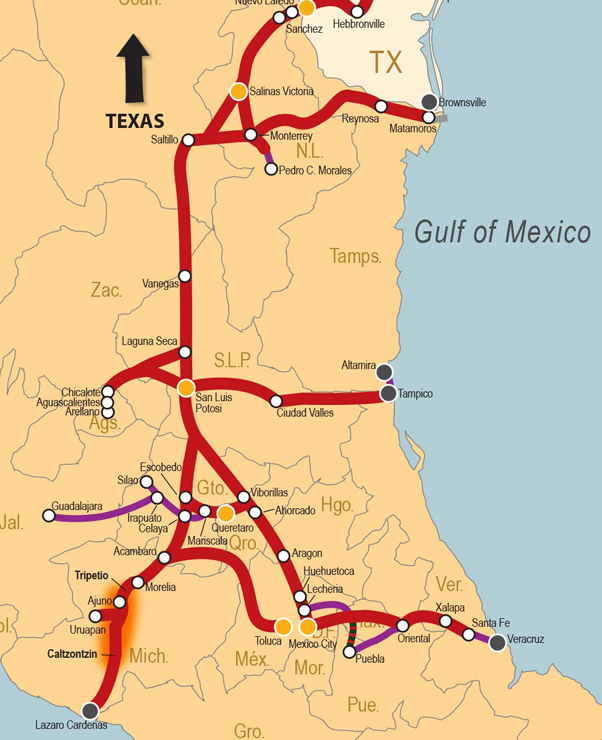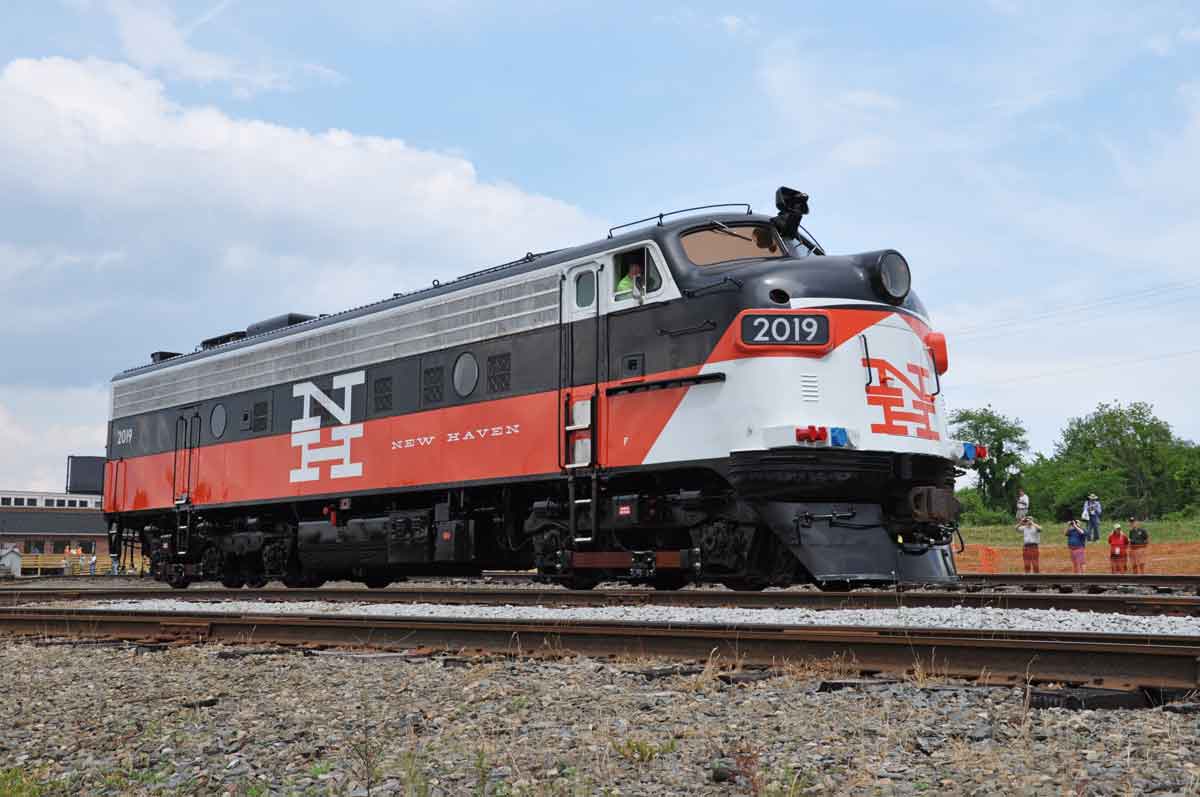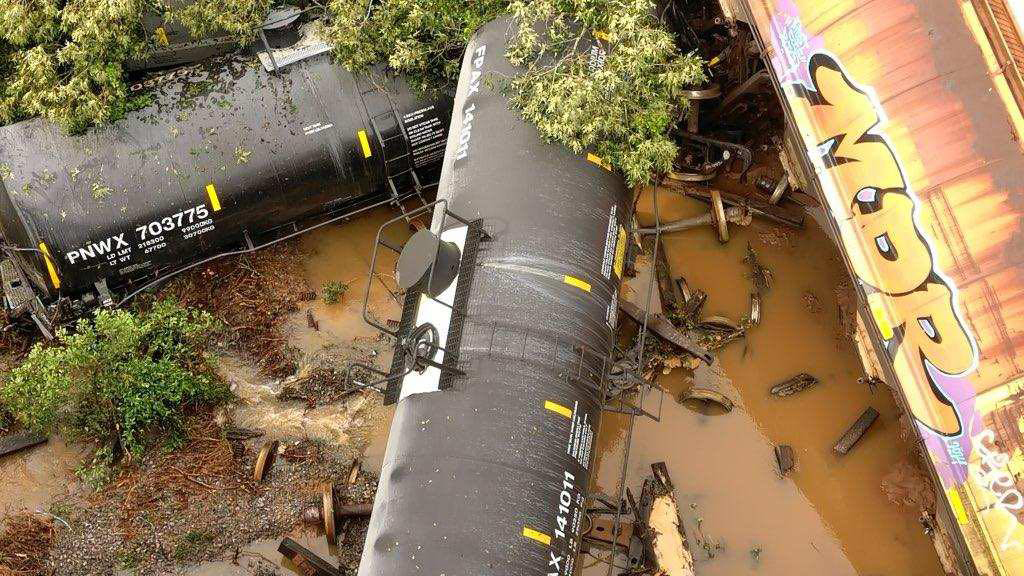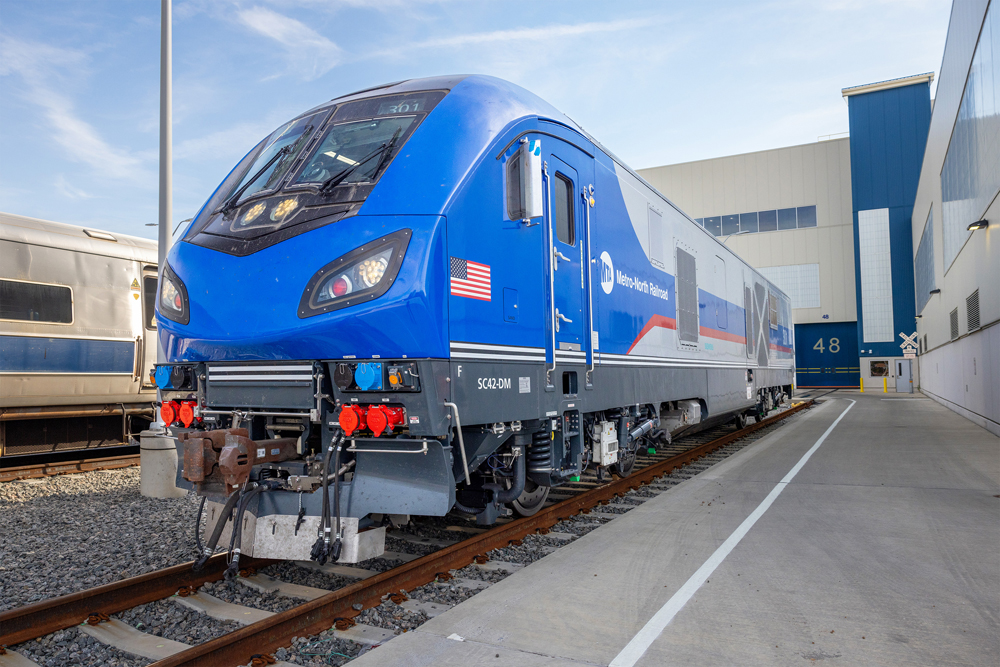KANSAS CITY – As a result of another traffic stoppage due to civil unrest in the Mexican state of Michoacán, Kansas City Southern on Friday invoked Force Majeure in the Caltzontzin District of subsidiary Kansas City Southern de Mexico.
Force Majeure is a legal concept excusing a party for its inability to perform a contractual obligation through no fault of its own.
Later that day, as tracks were cleared of protesters, KCS lifted the Force Majeure condition.
“We remain cautiously optimistic that the mainline will remain clear but, in matters of civil protests, risk remains,” KCS officials say. “We will be monitoring the situation closely and will communicate should the status change.”
It’s the fifth KCSM shutdown this year and has affected KCSM service to the major Mexican port of Lázaro Cárdenas.
KCS says protests are not related to KCSM.
Latin American media report track blockages along with bus and truck hijackings as a result of October and November protests stemming from college student objections to decisions by administrators.
Earlier, striking teachers and protests regarding drug cartels halted KCSM service to Lázaro Cárdenas.















An old story, probably not totally accurate, and definitely not politically correct, goes something like this. In Alabama, many years ago, Gov. George Wallace was considering a run for the Presidency. A bunch of protestors went and laid down on a freeway, blocking commerce. Word was he used Force Majuere phrase along with Force Sherman Tank, and said that will wean these idiots from their stupid behavior.
Railroads have used the term for probably as long as they’ve been around…it’s not the first time I’ve heard it…I hear almost every time any severe weather causes major issues, from flooding to snow drifts, from the East to the West and from the North to the South.
Force Majeure and Act of God are actually different in their legal meanings, although both imply beyond the carrier’s ability to provide the service. The following is from my book – The Basics of Transportation.
“An important consideration in all water carrier contracts is Force Majeure. Force Majeure is an element of French civil law that is a similar concept to an “Act of God,” which refers to events for which no party can be held accountable, such as a hurricane or a flood. The term force majeure means “greater force” and includes human actions such as war and legal changes. In countries where their legal system is based upon the Napoleonic Code, the phrase of force majeure is generally adequate. However, in common law legal systems, the term must be explicit about the events that would trigger the clause.”
Mister Pins:
Civil unrest also qualifies as Force Majeure. War, insurrection, riot, all constitute Force Majeure. The key thing is that is disables the [railroad] [entity in question] and it is beyond the control of the [railroad] [entity in question].
The above comments are genetic in nature and do not form the basis for an attorney/client relationship. They do not constitute legal advice. I am not your attorney. Double, double, toil and trouble. Burn baby burn and cauldron bubble. Where shall we three meet again? In riot, strike, or stopping train?
“Protestors on the tracks?” “…stemming from college student objections to decisions by administrators?” I thought “Force Majeure” related to what used to be (can’t say it today) an “Act of God,” that is, a hurricane, flood, tornado, plague of locusts, etc. beyond human creation or control. How silly of me.
Not being a lawyer, I would think this qualifies as a civil disturbance. And something definitely beyond the control of the railroad.
KCS has used it several times over the past few years in Mexico….it is also becoming a routine practice in many international, and even some domestic transportation contracts. Transportation contracts in places like California are seeing them due to all the new regulations that the government is trying to pass, and the length of contracts where some of the typical clauses may not fit.
Interesting. This is the first time I’ve heard “Force Majeure” applied outside of a maritime context.